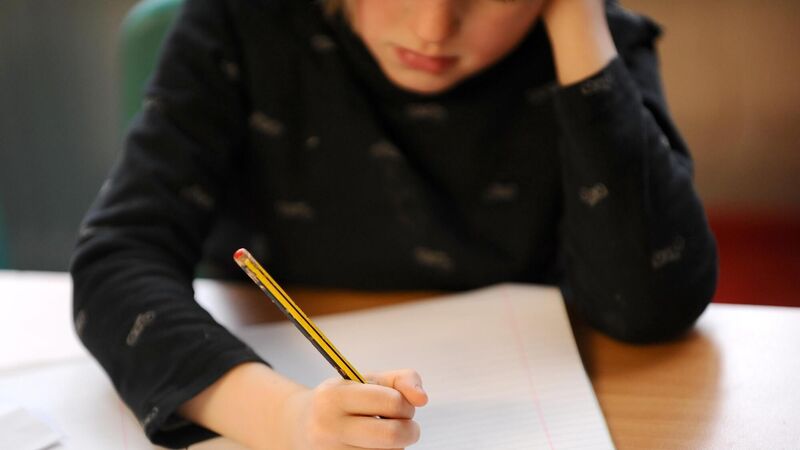Underfunding of education leaves vulnerable children continuing to experience inequality, charities say

'The current situation is leaving parents who cannot afford it to fill the income gap in our State schools, and also leaves children and young people to continue to experience inequality in the very system that is supposed to be their pathway out of poverty and to successful lives.'
The Government has been urged to order an independent review of the cost of running State education schools amid claims children continue to experience inequality in the very system supposed to be their pathway out of poverty.
The Society of St Vincent de Paul, Barnardos and the National Parents Council have also said they are seeking a meeting with the Education Minister Norma Foley in advance of the upcoming budget to discuss their calls.










